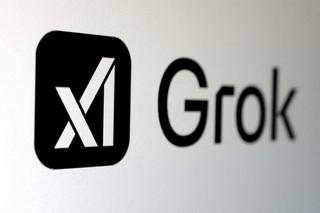The Manufacturers Association of Nigeria has criticized the proposed 15% increase in port charges, warning that it will raise production costs and worsen inflation.
This follows the hike last week by the Nigerian Ports Authority, citing the need to improve competitiveness and infrastructure.
In a statement released on Sunday, MAN’s Director General, Segun Ajayi-Kadir, argued that the increment of port charges is untimely as businesses are currently battling a harsh economic climate.
“At a time when businesses are struggling with the rising cost of operations, high rate of foreign exchange, astronomical energy costs, and general economic uncertainties, imposing additional financial burdens on manufacturers through increased port tariffs will exacerbate the challenges faced by the real sector,” Ajayi-Kadir noted.
He also cautioned that the tariff hike could fuel smuggling and ultimately reduce government revenue from ports.
The DG noted that 80% of Nigeria’s traded goods are transported by sea, with the country accounting for 70% of total imports and exports in West and Central Africa.
He argued that the proposed port charge increase would drive up production costs and weaken the competitiveness of local manufacturers relying on imported raw materials and machinery.
He said, “Ports are the gateway to international trade and play a crucial role in the efficiency and cost-effectiveness of business operations. According to the United Nations Conference on Trade and Development (UNCTAD) 80% of Nigeria’s traded goods are transported by sea, with 70% of total imports and exports in West and Central Africa destined for Nigeria. This underscores the critical role Nigerian ports play in facilitating trade and industrial productivity.
“For manufacturers, port-related charges constitute significant indirect costs, as most raw materials and industrial machinery are imported through these ports. Any increase in charges will have a ripple effect, leading to higher production costs, increased inflationary pressures, and reduced competitiveness of locally manufactured goods.
“Many manufacturers who operate as tenants in NPA facilities will also face escalated costs, which could significantly disrupt the slight moderation in the mounting challenges that has bedeviled the manufacturing sector in recent times.”
The MAN DG acknowledged the NPA’s need for revenue generation but warned that raising port tariffs could be counterproductive in the long run.
MAN urged the NPA to abandon the proposed 15% tariff hike and instead suggested a “stakeholder dialogue to explore strategies for enhancing port efficiency, reducing operational bottlenecks, and creating a more business-friendly environment that will ultimately lead to increased revenue without undermining industrial growth and competitiveness.”










